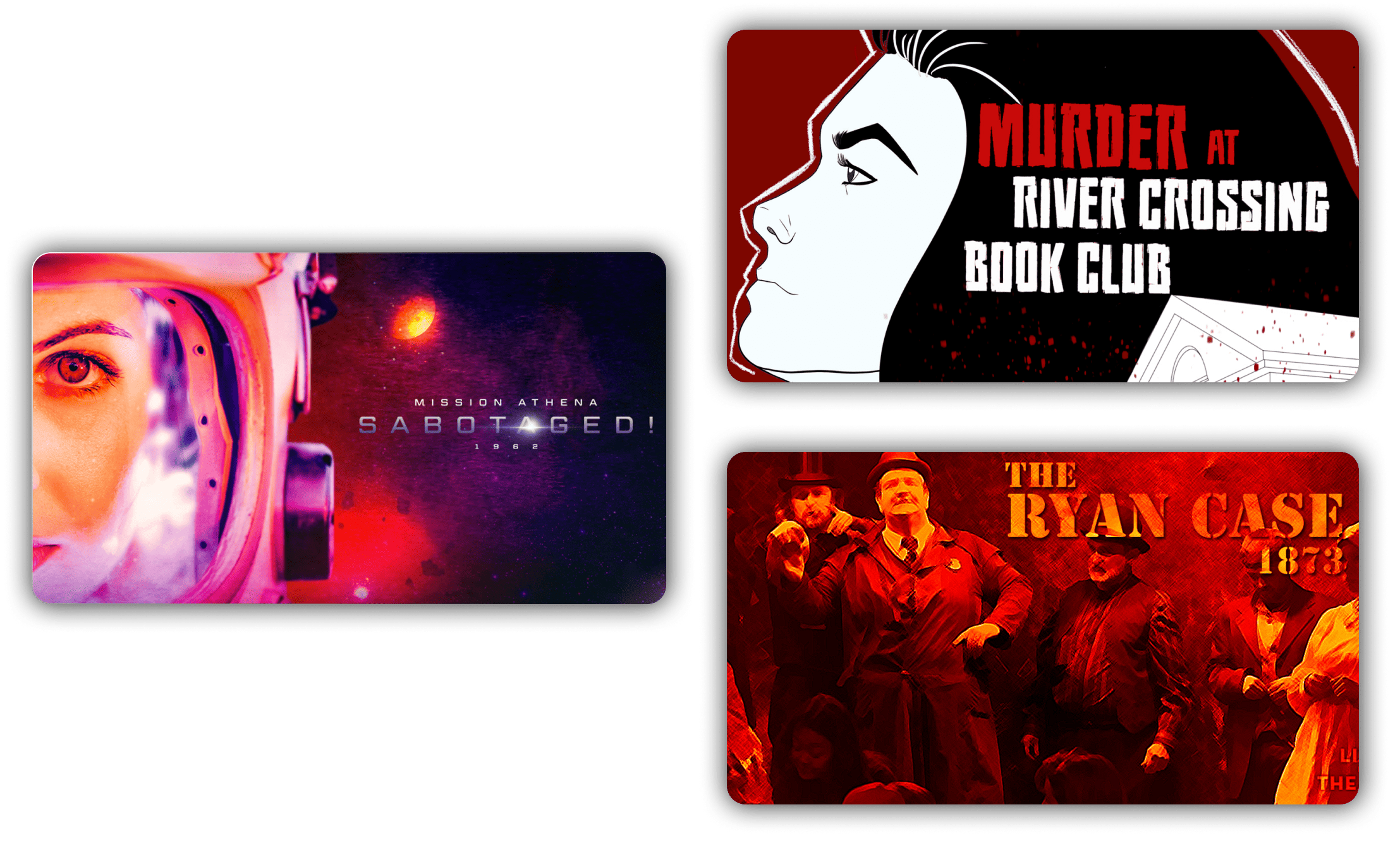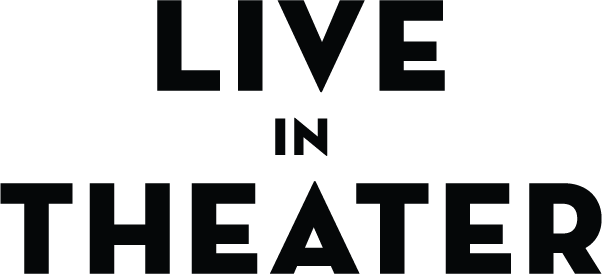How DEI Workshops with Actor-Facilitators Excel at Community Building Activities

January 3, 2024
How DEI Workshops with Actor-Facilitators Excel at Community Building Activities
January 3, 2024
Diversity, Equity, and Inclusion (DEI) workshops have become a staple in corporate initiatives, aiming to create more inclusive and harmonious work environments. However, the effectiveness of these workshops can vary, and many organizations are turning to a novel approach: integrating actor-facilitators and roleplay into their DEI initiatives. DEI workshops with actors and roleplay make waves, particularly in community-building activities. Actor-facilitators and roleplay depart from conventional methods, injecting a dynamic and immersive element into diversity training.
The Power of Actors as Facilitators
Imagine DEI workshops not as mundane lectures but as captivating performances where actors take center stage as facilitators. The use of skilled actors brings a level of authenticity and creativity that can transform the learning experience.
Leveraging Roleplay for Community Building
The keyword here is community-building activities, and roleplay emerges as a powerful tool to achieve this goal. Let’s explore why this combination is proving to be a game-changer.
Real-world Scenarios Come to Life
Roleplay allows participants to enter real-world scenarios to experience and navigate situations related to diversity, equity, and inclusion. This immersive experience transcends theoretical discussions, making the concepts tangible and relatable. At Live in Theater, our Dei workshops allow participants in the role of audiences to see natural (and that’s the operative word here) scenarios play out in front of them. Often, these scenarios can mirror something somebody might be experiencing. We mirror real life. While sometimes that can be uncomfortable for an audience, the ultimate takeaway is truth. When we can objectively see something happening in the scene we can talk about it and it’s distanced. We can reflect on how to improve things for the roleplay’s ” characters “!
Empathy through Character Exploration
In roleplay, actors embody various characters, allowing participants to explore perspectives beyond their own. This deepens empathy and understanding, critical components of fostering a sense of community within the workplace.
Safe Spaces for Authentic Dialogue
Actor-facilitators create a safe, non-judgmental space for open dialogue. Through roleplay, participants can engage in conversations that might be challenging in a traditional setting, fostering authentic communication and building trust among team members.
Dynamic and Interactive Learning
Roleplay introduces an element of playfulness and interactivity, making the learning process dynamic and engaging. This approach ensures that participants actively participate in the workshop, leading to better retention of DEI principles and community-building concepts.
The Role of Actors in DEI Facilitation
Authenticity in Action
Skilled actors bring a level of authenticity to DEI workshops that go beyond scripted presentations. Their ability to immerse themselves in roles enhances the credibility of the scenarios, allowing participants to connect with the content on a deeper level.
Dynamic Storytelling
Actors are storytellers, and storytelling is a powerful tool in DEI workshops. Through dynamic narratives, actors can convey complex concepts in a way that resonates with participants, making the content more accessible and memorable.
Adaptable and Responsive Facilitation
DEI workshops often involve nuanced discussions that require adaptability. Actors excel at reading the room and adjusting their facilitation style in real time, ensuring that the workshop remains responsive to the needs and reactions of the participants.
Community Building Activities in Action
Incorporating community-building activities within DEI workshops led by actor-facilitators creates a transformative experience. These activities go beyond traditional team-building exercises to establish a genuine sense of community among participants.
Collaborative Problem-Solving
Roleplay scenarios often involve collaborative problem-solving, where teams work together to address diversity-related challenges. This not only reinforces teamwork but also encourages the development of creative solutions to real-world issues.
Shared Experiences
Community-building activities within roleplay scenarios create shared experiences among participants. These shared moments become touchstones, fostering a sense of camaraderie and connection that extends beyond the workshop.
Building Trust Through Interaction
Participating in roleplay and community-building activities builds trust among team members. This trust is essential for open communication and collaboration, key elements in nurturing a cohesive and inclusive community within the workplace.
The Theatrical Evolution of DEI Workshops
DEI workshops are witnessing a theatrical revolution in the evolving corporate training landscape. By incorporating actor-facilitators and roleplay, organizations are enhancing the effectiveness of diversity training and creating spaces for authentic community building.
Combining actors as facilitators and roleplay as a learning tool adds a layer of richness and depth to DEI workshops, making them more impactful and memorable. As we continue to explore innovative approaches to diversity, equity, and inclusion, the stage is set for a new era where DEI workshops become not just learning experiences but transformative journeys toward building more robust, more connected communities in the workplace.
Immersive Murder Mystery for Online Team Building


